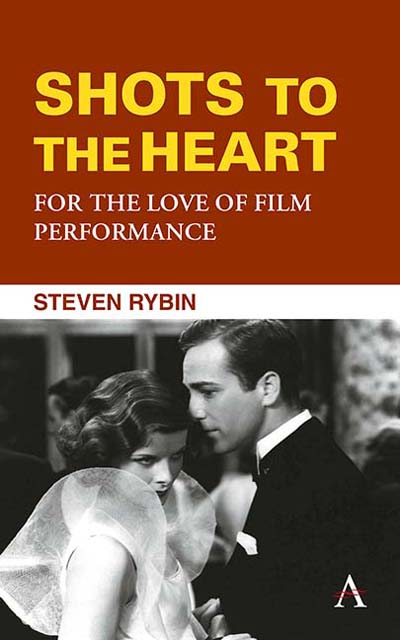11 - In Any Other Pair of Eyes
Published online by Cambridge University Press: 10 January 2023
Summary
Bogdanovich's own account of the postproduction of They All Laughed suggests that the film appeared in cinemas as something less than what he fully intended. In The Killing of the Unicorn (1984), his book about Dorothy Stratten's murder and the circumstances surrounding it, Bogdanovich starkly describes They All Laughed in the wake of Stratten's death. This writing becomes even more melancholy in relation to Bogdanovich's earlier writings on the cinema, which are more celebratory in their tone. “Then suddenly I remembered the movie Dorothy and I had made,” Bogdanovich writes. “It had been killed as well, its two hours a moving photo album of our days together.” Bogdanovich's words suggest an ambiguous suspension of emotion in watching They All Laughed upon its completion in 1981, wherein its new status as a “moving photo album” upon Stratten's death pivots around two possible meanings of “moving”: either as a film that might still possibly “move” a viewer emotionally, even after the tragedy surrounding its making; or in a more literal sense, in the idea that the film was now, in the wake of Stratten's death, little more than a “moving” collection of photos, unfolding one after the other, but no longer animated by joy. Writing these words so soon after Stratten's murder, and acknowledging in his sentence that the film had been for him “killed” by its sad circumstances, it is undoubtable that “moving” in Bogdanovich's intended meaning refers to the latter. But as time went on, Bogdanovich rediscovered something life-affirming in They All Laughed: in later interviews, the director will mention the film as his favorite of those he has made, and in one interview even refers to an especially personal version of the film, a private cut existing on a single 35 mm print only he possesses, and which is rarely screened for others.
Bogdanovich's eventual rediscovery of his love for They All Laughed cues us to recognize the ongoingly incomplete status of the film, beyond the incompleteness of Stratten's sadly shortened career in cinema, in the sense that the auteur's own private affection for it remains separate from the film's continued public circulation on home video, and at occasional retrospective screenings, given that the director's own preferred version of the film is kept privately tucked away.
- Type
- Chapter
- Information
- Shots to the HeartFor the Love of Film Performance, pp. 61 - 68Publisher: Anthem PressPrint publication year: 2022

